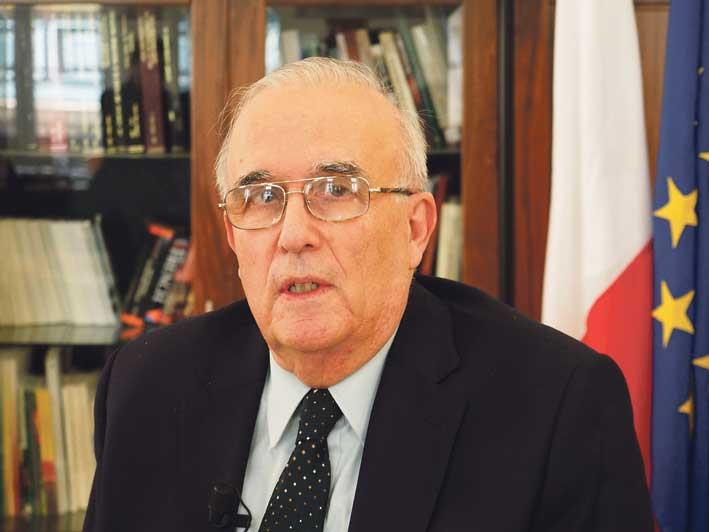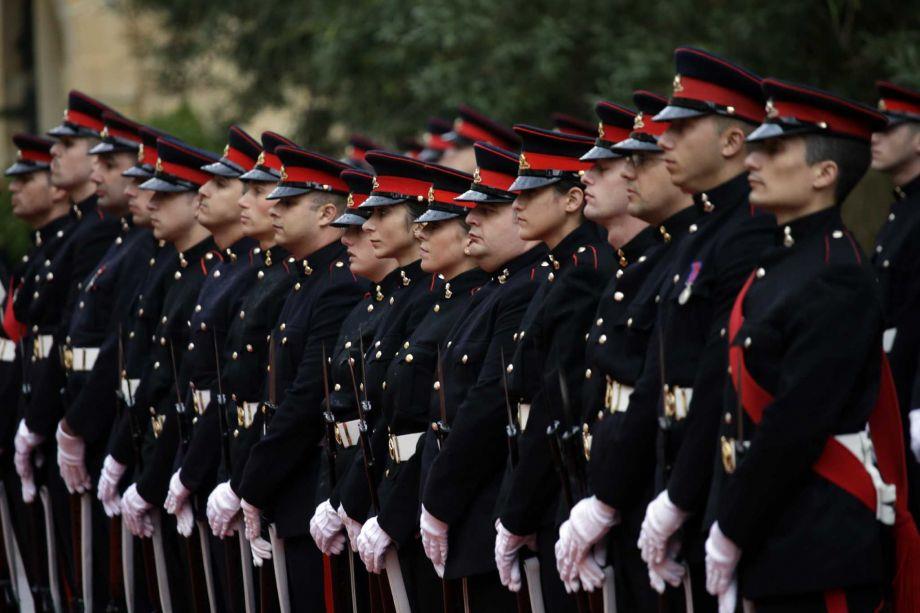Transparency has to be the rule and not the exception, the Ombudsman has said in his annual report tabled in Parliament on Monday.
“Where an exception is required to the rule, this has to be sanctioned by law. Transparency requires not only that the conduct of the public administration is not hidden but also that the reasons for decisions taken must be made known. This is necessary because the Executive [government] is accountable to Parliament and the electorate that empowers it.”
Ombudsman Joseph Said Pullicino said transparency and accountability are not just political buzzwords but terms that are acquiring juridical concepts “that impose discipline and justice in the administration.”
Prime Minister Joseph Muscat was elected on the promise that a Labour government would increase transparency and accountability, but in reality this has been sorely lacking.
“Transparency is also essential for the Ombudsman to carry out his functions correctly. He cannot arrive at a judicious opinion whether an administrative act he investigates is unjust or improperly discriminatory, unless there is transparency and where the facts of the case are well known,” the report reads.

Need for ‘correct and timely information’
Transparency can only be assured if “correct and timely information” on the actions of government and public authorities is passed on, the Ombudsman said.
“There are issues in Malta on the limits of the State’s duty to inform; on the rights of the Executive and public authorities to non‐disclosure of information relating to government activities and on the right of Parliament and citizens to be informed.
“This has been an issue that has been raised in successive administrations. There are strong indications that there is a growing reluctance on the part of public authorities to provide information, even when this is apparently legitimately requested.”
The Ombudsman went on to highlight the need for an “open and frank debate” between political parties and civil society on the adequacy of the current freedom of information and data protection laws.
“The Ombudsman believes that the right to be informed is not only essential to ensure transparency and accountability. It is also an essential element of the fundamental right of the citizen to a good public administration.
“The Ombudsman intends to follow this lead next year with other initiatives meant to project these issues onto the national political agenda also within the context of the government’s declared intention to amend the Constitution.”

‘Major political parties sanctioned use of positions of trust’
The potentially abusive manner in which people are engaged in so‐called positions of trust was also brought up in the report.
“The major political parties have sanctioned this practice and regulations are in place to determine when and under what circumstances a person could be employed in a position of trust.
“While there is agreement that an element of personal trust is inherent in certain positions to ensure the correct implementation of policies, there are obviously sharp disagreements on the extent of the use or abuse of this procedure.”
The Malta Independent on Sunday recently revealed that 542 people are currently employed with the government in positions of trust.
At 112, the Office of the Prime Minister (OPM) is, by far, the entity with the largest complement of people in positions of trust. A total of 50 people in positions of trust were hired without a call for applications under the OPM’s International Conferences 2015 Unit, tasked with organising last month’s Commonwealth Heads of Government meeting and the Valletta Summit on Migration.

‘Unsavoury’ spat between Ombudsman and government avoidable
The report contained strong words for the government about the “unsavoury” incident that led to a court battle over the Ombudsman’s jurisdiction to investigate army complaints.
The Ombudsman said the spat could have been avoided “if justice had been allowed to take its course.”
“It is his conviction that the approach of the administration on this issue is fundamentally incorrect on a number of counts. Suffice to say that when an issue of jurisdiction arises in any tribunal, the principle to be applied should be that jurisdiction should be favoured so that the process of establishing the rights and obligations is not unduly delayed.”
The Ombudsman expressed his belief that it is his duty to continue to defence officers of the Armed Forces who put trust in his office and requested him to investigate their complaints in terms of law that gave them that right.